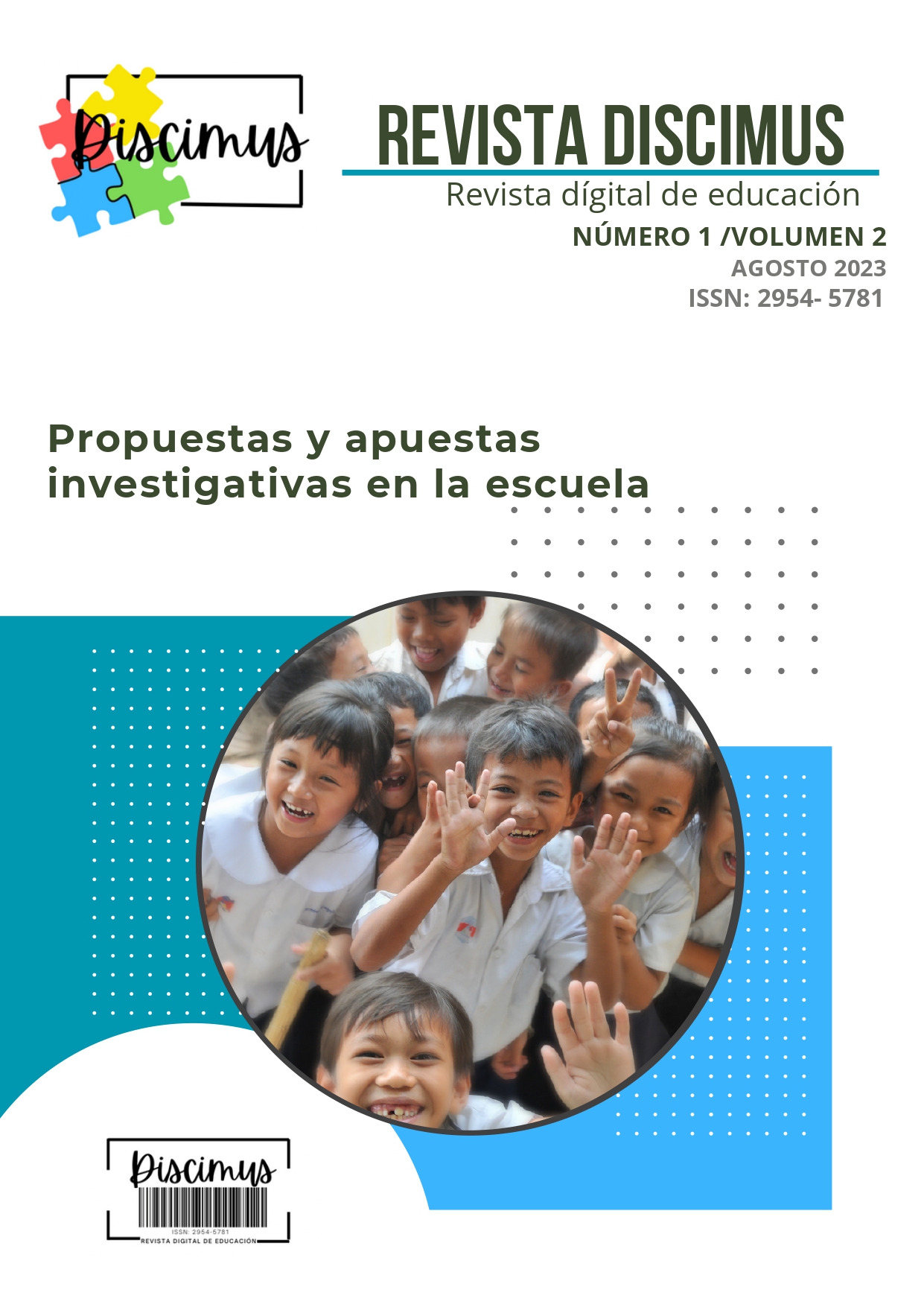Can less be more? Discussions on the inequality of the school day in preschool, elementary and middle school education in colombia
Main Article Content
Abstract
Discussions on the length of the school day in Latin American countries have been constant and conflictive, particularly in recent decades, following the progress in coverage that most of these countries have made. As we shall see, there is no agreement on the correlation: longer school day - better academic results, or at least this is not considered to be the only determining factor. However, other dimensions of the social system are analyzed in which there is a positive impact of extending the school day, especially those related to a better use of children's free time, avoiding their involvement in gangs and facilitating the working lives of their mothers, fathers and caregivers. We insist on the lack of commitment, especially in the allocation of resources by the Colombian State to advance in the definitive establishment of the single school day in the country's public schools and how this results in unequal conditions between official and private educational institutions, which, in spite of this, are evaluated and classified on the basis of a supposed meritocratic model: through standardized tests, which in turn are decisive when it comes to accessing higher education, either because they are the first filter in public universities or because they are a prerequisite for accessing scholarships or financing credits; thus a perverse system is configured that is doubly exclusive and inequitable, which, as observed towards the end of the essay, was further deepened as a result of the social isolation resulting from the COVID-19 pandemic.
Downloads
Article Details
Section

This work is licensed under a Creative Commons Attribution-NonCommercial-ShareAlike 4.0 International License.
Open Access Policy at Discimus Journal
Discimus Journal is committed to the promotion of free circulation of scientific and academic knowledge, simultaneously ensuring appropriate acknowledgment for our authors while adhering to the ethical principles of scientific publishing. In alignment with this goal, Discimus publishes all its articles under the ATTRIBUTION-NONCOMMERCIAL-SHAREALIKE 4.0 INTERNATIONAL CC BY-NC-SA 4.0
How to Cite
References
Achoy, J. (2017). Desbalance adultocentrista en política y derecho. Anuario CIEP. (8), 65 75. https://revistas.ucr.ac.cr/index.php/ciep/article/view/34317
Acosta, G. y Garcés, A. (2010). Ámbitos y escenarios de participación política y juvenil en Medellín. Anagramas, 8(16), 15-31. http://hdl.handle.net/11407/518
Amador-Baquiro, J. y Muñoz-González, G. (2021). Del alteractivismo al estallido social: acción juvenil colectiva y conectiva (2011 y 2019). Revista latinoamericana de ciencias sociales niñez y juventud, 19(1), 3-28. https://doi.org/10.11600/rlcsnj.19.1.4588
Benedicto, J. (2008). La juventud frente a la política: ¿desenganchada, escéptica, alternativa o las tres cosas a la vez? Revista de Estudios de Juventud. 81, 13-29. http://www.injuve.es/sites/default/files/documentos-1.pdf
Casas, J., Repullo, J. y Donado, J. (2003). La encuesta como técnica de investigación. Elaboración de cuestionarios y tratamiento estadístico de los datos (I). Aten Primaria, 31(8), 527-538. https://doi.org/10.1016/S0212-6567(03)70728-8
Castillo, E. y Sánchez, C. (2003) ¿Democratizar la escuela o escolarizar la democracia? Dilemas en la socialización política en la escuela colombiana. Revista Colombiana de Educación, (45). https://doi.org/10.17227/01203916.5494
Colome, G. (1994). Política y medios de comunicación: una aproximación teórica (91). Barcelona: Universidad Autónoma de Barcelona. https://www.icps.cat/archivos/WorkingPapers/WP_I_91.pdf?noga=1
Hernández-Sampieri, R., Collado, C. y Baptista, M. (2014). Metodología de la Investigación (6ta ed.). Mc Graw-Hill Education.
Hinojosa, G. (2008). El tratamiento estadístico de las redes semánticas naturales. Revista Internacional de Ciencias Sociales y Humanidades, (18)1, 133-154. https://biblat.unam.mx/en/revista/sociotam-revista-internacional-de-ciencias-sociales-y-humanidades/articulo/el-tratamiento-estadistico-de-las-redes-semanticas-naturales
Lewin, L. (12 de junio, 2022). ¿Por qué muchos alumnos no aprenden? Ecos diarios. https://elecos.com.ar/por-que-muchos-alumnos-no-aprenden/
Michala, C. (2017, del 20 al 22 de abril). Juventud-es, adultocentrismo y educación: Hacia un nuevo territorio socioeducativo. III Congreso Internacional de Ciencias Pedagógicas, Quito, Ecuador. https://dialnet.unirioja.es/servlet/articulo?codigo=7210610
Patti, P. (2018, del 23 al 24 de mayo). El debate como metodología de enseñanza-aprendizaje. VIII Encuentro de Docentes e Investigadores en Historia del Diseño, la Arquitectura y la Ciudad. Córdoba, Argentina http://hdl.handle.net/11086/11593
Sierra, R. (1994). Técnicas de investigación social Teoría y ejercicios (9na ed.). Paraninfo. https://www.scribd.com/doc/53545006/Tecnicas-de-Investigacion-Social-bravo
Vargas-Garduño, M., Méndez, A. y Vargas, A. (2014, del 27 al 29 de agosto). La técnica de las redes semánticas naturales modificadas y su utilidad en la investigación cualitativa. IV Encuentro Latinoamericano de Metodología de las Ciencias Sociales (ELMECS). Heredia, Ecuador. http://sedici.unlp.edu.ar/handle/10915/108144
Villa, J. y Barrientos, M. (2007). La construcción de la democracia escolar [Trabajo de pregrado, Universidad de Antioquia]. Repositorio Institucional UdeA. https://hdl.handle.net/10495/22074

